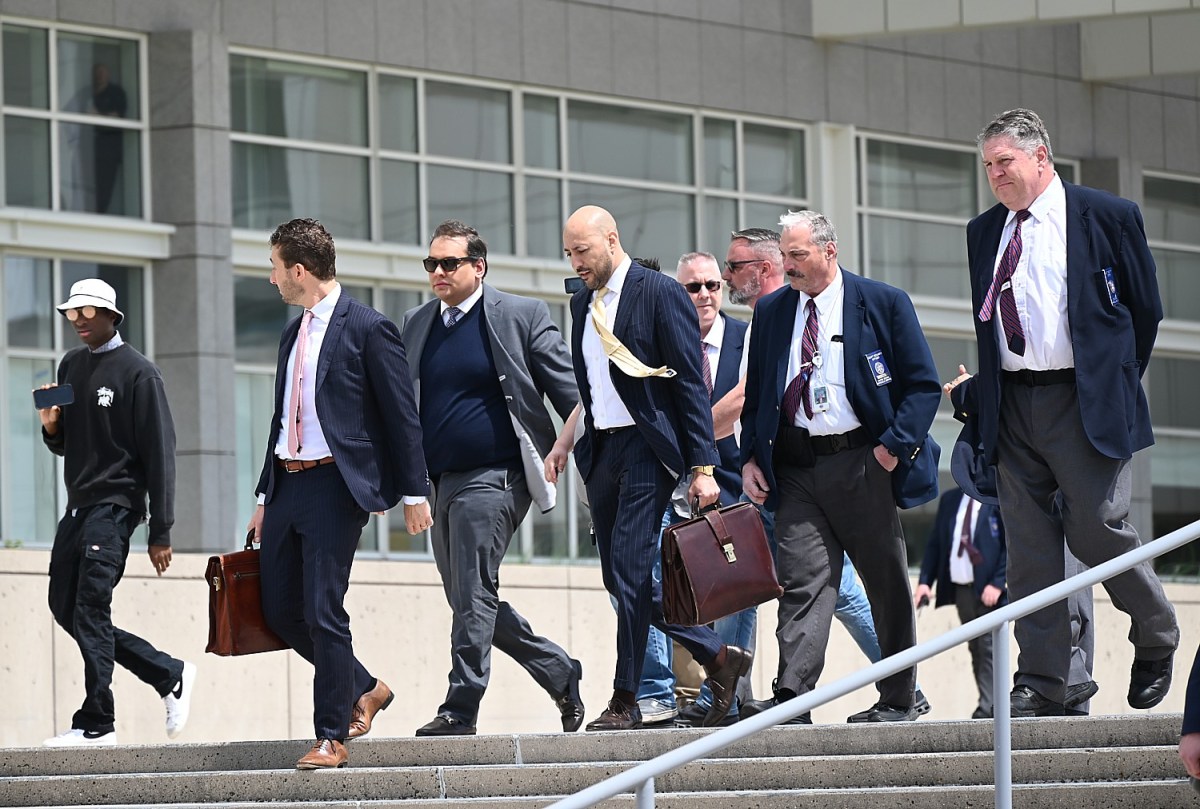Hamptons Soul: Taking Personal Inventory

Rabbi Josh Franklin
While many people use the new year as an opportunity for resolutions of personal change, I want to suggest trying something new this year. Instead of asking yourself, “What about about me do I want to change?” ask the more fundamental question: “Who am I?” The Indian sage Ramana Maharshi says that asking the question “Who am I?” is meant to dissolve the questioner. By that he means that questions like this might not receive an answer. The question is meant to stir us up, to help us melt away the parts of us that are but a shell of who we are. The question helps us take inventory of our character, our qualities, our identity markers, our externalities and the image we present to the world. And then we say, “Who am I really?”
When Moses first encounters God at the burning bush and is tasked to go and save the Israelites from the tyranny of Pharaoh, Moses asks himself, “Who am I that I should go to Pharaoh and free the Israelites from Egypt?” (Exodus 3:11). We would expect Moses to feel confused about his identity; after all, he grew up in an Egyptian house, spent most of his adult life in the land of Midian, and he names his son Gershom, explaining etymologically, “For I was a stranger in a strange land.” This is a man who knows he’s Hebrew, but hasn’t spent any part of his life living among his people. The natural question would be “Who am I?” Before Moses can answer God’s call, he must first take personal inventory of who he is.
When we explore the question “Who am I?” we begin to uncover a sense of our identity. Who we really are and what defines us is the amalgam of our heritage, culture, memories, experiences, feelings, thoughts, relationships and values. When we ask this question, we can begin to separate identity from the social mask that we present to the world. We are all wearing a mask, or perhaps many masks. The question “Who am I?” is about asking what’s under the mask.
If making New Year’s resolutions has been an unproductive exercise for you in the past, try instead to ask yourself the simple yet profound question “Who am I?” and commit to spending time to search yourself for the answer.
Father Constantine Lazarakis
The new year — a time to take stock and evaluate, to look forward and make plans. On the outset of 2022, we look back at all we have been through over the last couple of years: a global pandemic, contentious and discordant views on the global pandemic; profoundly divisive political discourse and bad actors (on both sides of the aisle and in the media) exploiting the profoundly divisive political discourse. As I follow the discussion around the crises and challenges we face, it’s heartbreaking to find the element of self-righteousness time and time again. Whether it’s from the talking heads of major networks, the hosts of radio talk shows or even in our personal social media feeds, it is everywhere. Rather than looking to common ground and common solutions for the common good, we blame and vilify the other. It’s not good for our souls, and it doesn’t help us solve our problems.
In the Gospel of Matthew, Jesus warns us, “Do not judge, or you will be judged. … Why do you look at the speck of sawdust in your brother’s eye and pay no attention to the plank in your own eye?” You see, learning to love one another is our only hope, and we can’t love when our hearts are full of contempt and our mouths are full of condemnation. Jesus encourages us to begin with introspection because when we acknowledge our own shortcomings, it allows us to feel compassion for others, even with their flaws. Suspending judgement, gives us room to love.
Here’s my resolution for 2022, and I hope you will join me. I’m going to refrain from the barrage of shaming and canceling. I’ll try to take a personal inventory, focus on my own shortcomings and try to find compassion for those with whom I disagree. I’m going to try to make room for love.



